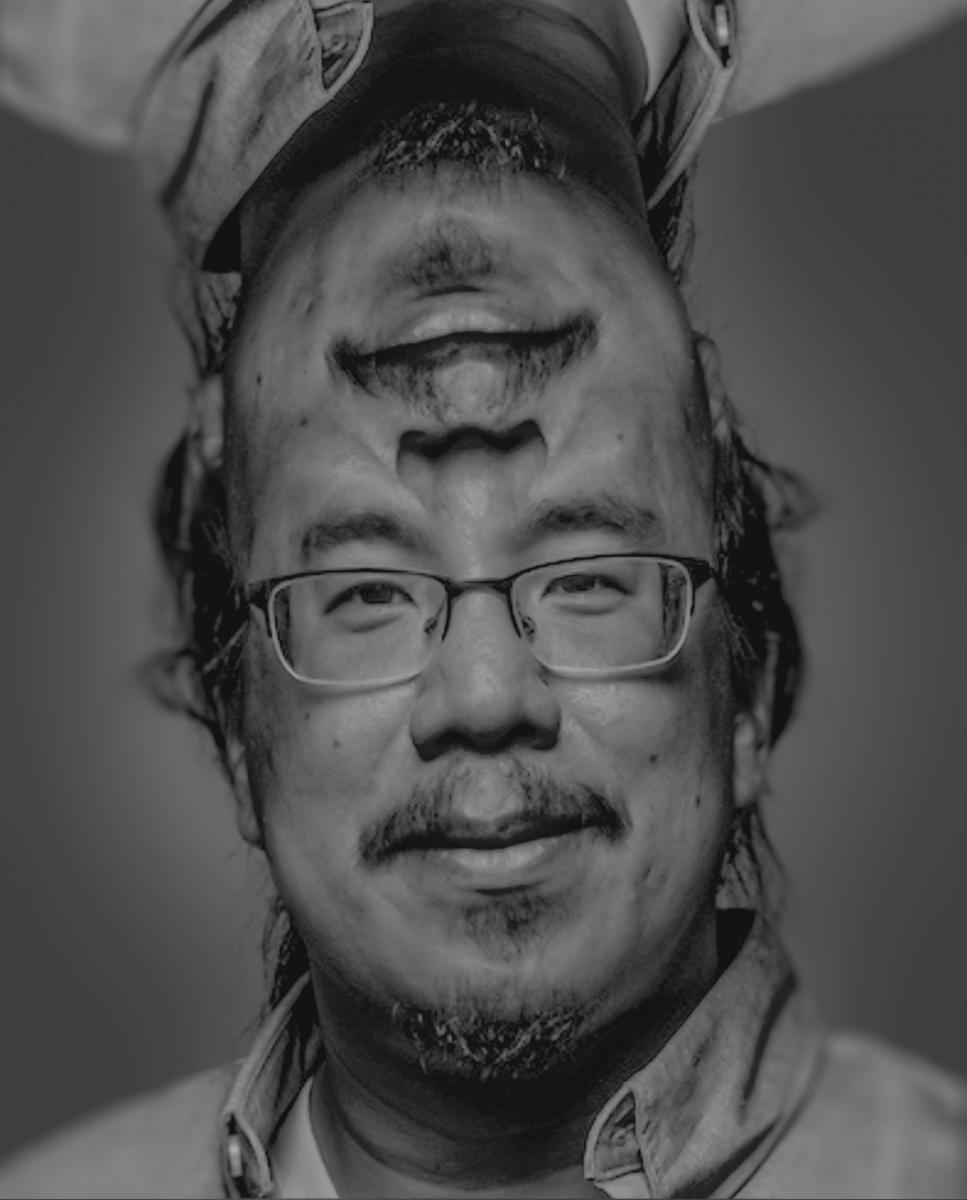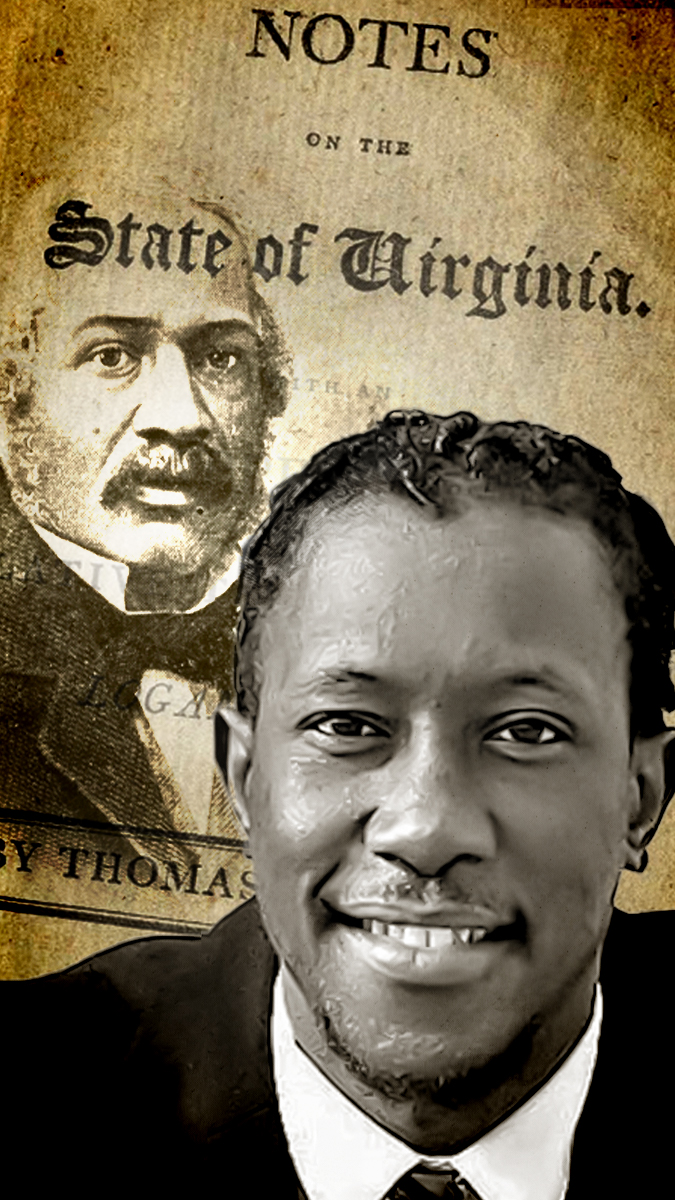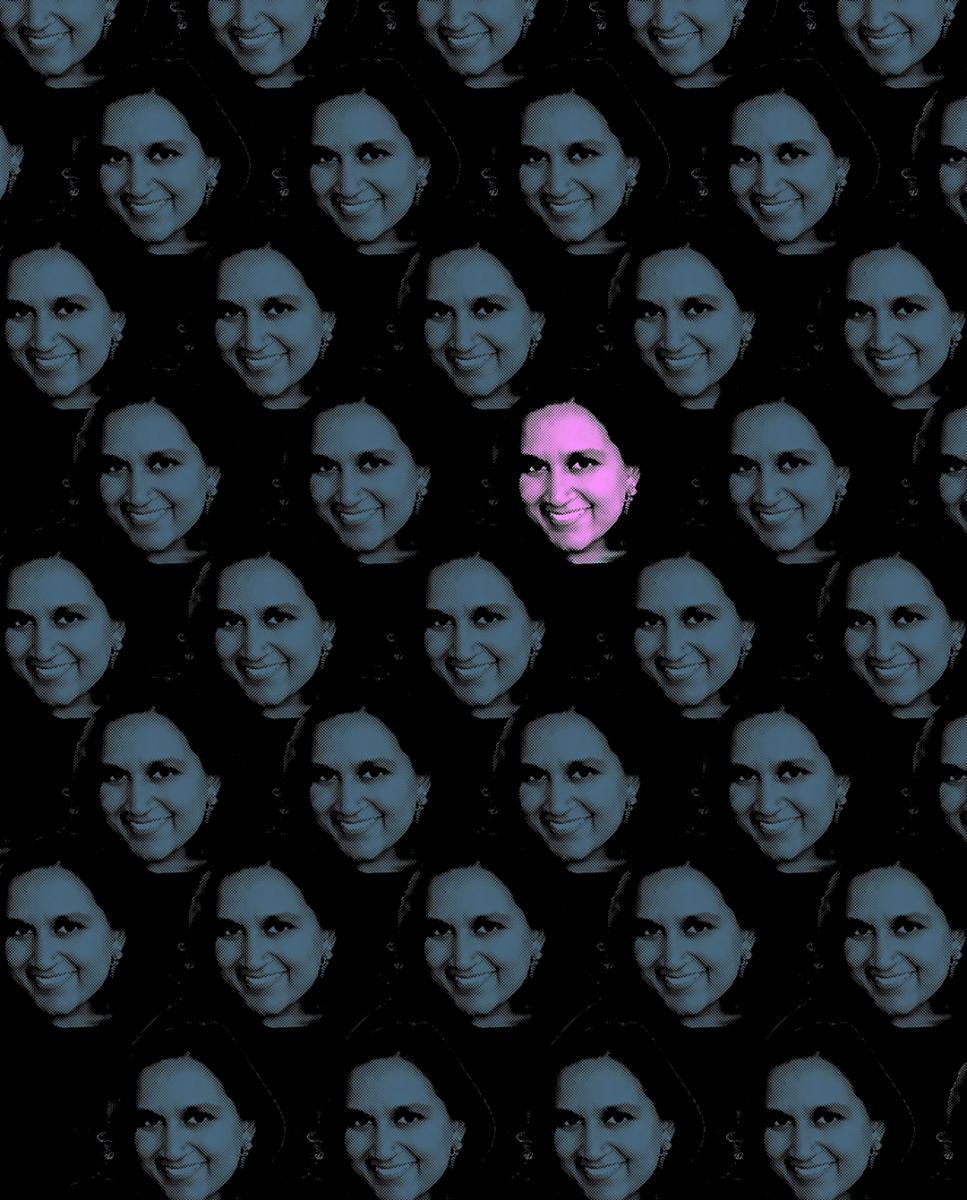Virtual Speaker Series 2020-2021
Feminist Philosophy as Nonideal Theory
Serene Khader
CUNY Brooklyn College
Friday February 26, 2021 10:00am-11:30 am
This is a virtual / on-line event.
Feminist, and other liberatory, moral and political philosophies are widely characterized as nonideal theories. But if feminism is merely a set of first-order normative commitments, it is unclear why it should be action-guiding any more than, say, the belief that states should be liberal or that it is wrong to treat people as means. I offer a characterization of feminist philosophy that explains why feminist commitments should lead us to produce theory that is, in a broad sense, action-guiding. I argue that feminist ethics takes something I call “oppressive salience idealization” to impede the production of appropriately fact-sensitive moral principles. I pay special attention to the impediments oppressive salience idealization poses for problem selection. Put nontechnically, my view is that we need to know certain things about what the world is like to act morally, and that undue emphasis on the interests and attributes of the dominant prevents us from acquiring this type of knowledge. This is why feminist philosophers have always maintained that normative theorizing is partly about changing what we see.
About the speaker:
Dr. Khader is Professor and Jay Newman Chair in Philosophy of Culture at CUNY Brooklyn College. Her research in feminist moral and political theory addresses global justice and development ethics, especially decolonial, transnational, and postcolonial feminism. She addresses the universalism/relativism debate and eurocentrism in feminist ethics in Decolonizing Universalism: A Transnational Feminist Ethic (OUP, 2018).
Virtual Location and Access:
A Zoom link will be emailed to all members of the Department of Philosophy by Maya Goldenberg, Speaker Series Coordinator, prior to the talk. The link can be shared with interested guests outside of the department.
Guests can also RSVP Maya (mgolden@uoguelph.ca) in order to have the meeting link emailed to them.

Transparency is Surveillance
C. Thi Nguyen
University of Utah
Friday January 29, 2021 11:00am-12:30 pm
This is a virtual / on-line event.
During her BBC Reith Lectures on Trust, Onora O’Neill offered the following argument: People think that trust and transparency go together, but in reality, they are deeply opposed. Public transparency forces people to conceal their actual reasons for action, and invent new ones for public consumption. Transparency forces deception. I want to work out the details of this argument and worsen its conclusion. First, the drive to accountability forces experts to explain their reasoning to non-experts. But expert reasons are, by their nature, often inaccessible to non-experts. Transparency undermines expertise, by confining experts to those actions for which they can offer public justification. Second, transparency undermines group intimacy. Communities can have intimate reasons — reasons that only make sense to members of a particular community. For example: members of an oppressed community may see the importance of certain acts of aggression — and of solidarity — that outsiders without that experience may miss. But the demands of public transparency can force community members to abandon those intimate reasons. Transparency is a form of surveillance — a bureaucratic surveillance, which surveilles justifications for actions. It roots out corruption, but also destroys skill, sensitivity, and intimacy. Transparency is rough medicine, to be taken sparingly.
About the speaker:
Prof. Nguyen is Associate Professor of Philosophy at University of Utah and author of released Games: Agency as Art (OUP, 2020), an investigation of game aesthetics, agency, and autonomy, which culminates in a unified theory of games. His research focuses on how social structures and technology can shape our rationality and our agency. He has published on trust, expertise, group agency, community art, cultural appropriation, aesthetic value, games, and echo chambers. He was once a food writer for the Los Angeles Time.
For more on Thi’s research and writing, see https://objectionable.net/
Virtual Location and Access:
A Zoom link will be emailed to all members of the Department of Philosophy by Maya Goldenberg, Speaker Series Coordinator, prior to the talk. The link can be shared with interested guests outside of the department. Guests can also RSVP Maya (mgolden@uoguelph.ca) in order to have the meeting link emailed to them.

Nineteenth Century Black Racial Sciences:
Dr. James McCune Smith's Critique of Thomas Jefferson’s Use of Zoology in Notes on The State of Virginia
Dalitso Ruwe
University of Guelph
Friday November 13, 2020
10:00am-11:30 am
This is a virtual / on-line event.
Abstract:
While Africana philosophers have argued that eighteenth and nineteenth century white thinkers relied on pseudo-sciences to argue that Black people were non-human and intellectual inferior, Africana philosophers have failed to show how eighteenth and nineteenth century Black thinkers created scientific methodologies and studies to counter racist scientific claims of their day. As such, my central argument in this essay is that eighteenth and nineteenth century Black thinkers advanced the claim that eighteenth and nineteenth century human sciences grounded in the field of zoology were inadequate to study Black life as they adopted categories and taxonomies from the animal kingdom to study Black people. Furthermore, I argue that these thinkers created new scientific studies and methodologies that studied Black people as humans capable of producing intellectual and civilizing ideals that has been undertheorized in philosophy. In this presentation, I focus on Dr. James McCune Smith’s critique of Thomas Jefferson’s Notes on The State of Virginia use of zoology to argue that Black people were intellectual and morally inferior. I show how Smith used the science of osteology—the detailed study of skeletal structure and its elements-to argue for a new scientific approach to study Black moral, intellectual and physical development.
About the speaker:
Dalitso Ruwe is a post-doctoral fellow under the Extending New Narratives in the History of Philosophy at University of Guelph. His post-doc research will focus on the Black Abolitionists debates on American slavery that emerged from the National Negro Conventions of 1830-1864 and the role the Fugitive Slave Law of 1850 and migration to Canada afforded Black thinkers like Mary Anna Shadd to develop socio-political and legal critiques of American Slavery. Previously, Dalitso was a Visiting Professor of Philosophy at Wittenberg University. His research focuses on Africana Political Philosophy with an emphasis on the Intellectual History of Black Racial Sciences, Intellectual History of Black Radical Tradition, Anti-Colonial Theory, and Africana Legal History.
Virtual Location and Access:
A Zoom link will be emailed to all members of the department by Maya Goldenberg, Speaker Series Coordinator, prior to the talk. The link can be shared with interested guests outside of the department.
Guests can also RSVP Maya (mgolden@uoguelph.ca) in order to have the meeting link emailed to them.

Pandemics and (Global) Health Justice
Sridhar Venkatapuram
Kings College, London
Friday October 9, 2020 10:00am-11:30 am
This is a virtual / on-line event
The COVID-19 pandemic has revealed failures and vulnerabilities in so many domains, and at so many levels from the personal to the global.
While the concerns for protecting the vulnerable and equity in response and recovery plans are prominent, are theories of social and health equity and justice also proving to be limited and inadequate? Libertarian approaches seem to not be able to recognize our inter-dependency and need for coordination and cooperation within societies. And social contract theories are not able to recognize that health and well-being, indeed life and death, are globally determined. However, the health justice approach I have developed based on the capabilities approach, does have both analytical and normative power in addressing both 'normal' health inequalities and pandemics. It was born out of the HIV/AIDS pandemic, and it has relevance to COVID and the epidemics to come. I will review the 'moral right to the capability to be healthy' argument and then apply it to the present pandemic, focusing some attention on the disproportionate deaths and suffering of older people.
Prof. Venkatapuram is Associate Professor of Global Health and Philosophy, and Acting Deputy Director of King’s Global Health Institute, at King’s College London. He is author of many academic papers and reports on health equity and justice, social determinants of health, vulnerability, and global bioethics. His 2012 book, Health Justice (Wiley & Sons, 2013) employs a capabilities approach (cf. Sen, Nussbaum) to frame health as a capability from which duties and responsibilities emerge.
For more on Sridhar’s research, see https://kclpure.kcl.ac.uk/portal/sridhar.venkatapuram.html
Virtual Location and Access:
A Zoom link will be emailed to all members of the department by Maya Goldenberg, Speaker Series Coordinator, prior to the talk. The link can be shared with interested guests outside of the department. Guests can also RSVP Maya (mgolden@uoguelph.ca) in order to have the meeting link emailed to them.
